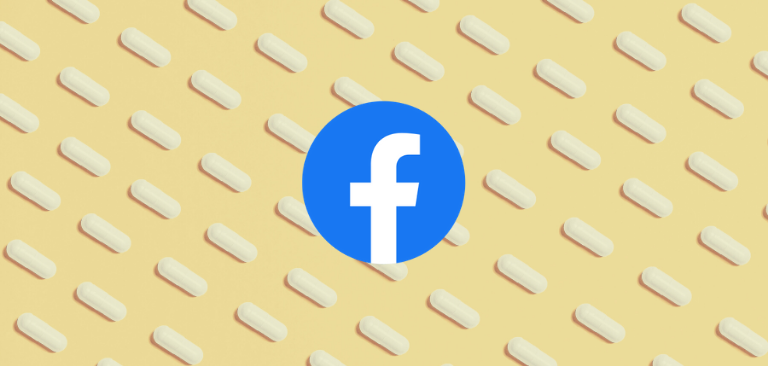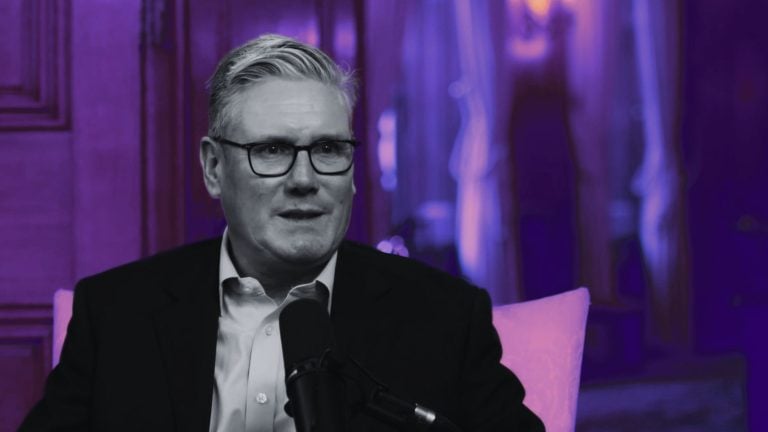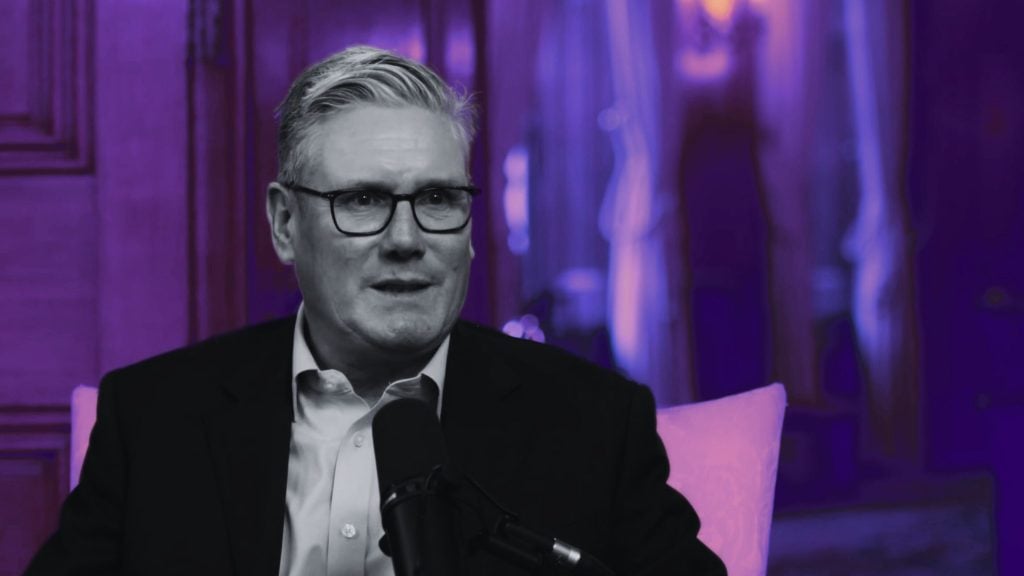One of the prime targets of online censorship crusaders throughout the Covid pandemic has been information promoting the use of the drug hydroxychloroquine in treating the disease.
The drug is considered a safe and effective, as well as cheap and easily available form of treatment by many medical professionals, and is used in some countries, but is outlawed in others for what critics call political rather than scientific reasons.
True to the policy of opposing the use of these drugs to cure Covid, Facebook has been treating content promoting this as a violation of its rules that can cause imminent real world harm and represents misinformation, and last year removed a post from the platform on those grounds.
However, the post – created in France and accusing the French government of preventing the use of hydroxychloroquine and azithromycin and therefore failing to save lives – will now have to be reinstated, Facebook’s Oversight Board had decided.
Facebook set up the board last year as a way to offload some of the pressure and responsibility for censorship decisions onto a group of people who would act independently to “rule” on appeals claiming violations of users’ free speech rights on the giant social network.
However, some saw it – or hoped that would be the case – as Facebook’s way of boosting its ability to fight “misinformation and hate speech.”
Either way, the board’s decisions will have to be implemented by Facebook, a description of its role posted on its website states.
In this particular case, the board found that Facebook’s claim that the post represented a threat of imminent harm was baseless, and that its focus was to criticize government policy on the issue of Covid treatment, rather than encourage people in France to take either drug on their own. (Something that would be near impossible anyway, since both hydroxychloroquine and azithromycin are prescription drugs in that country.)
The board also criticized the “imminent harm” rule that Facebook enforces as “inappropriately vague and inconsistent with international human rights standards.” This body, however, does not have the ability to set or change Facebook’s policies around censorship.
The French post is one of four censorship decisions that the board has overturned so far, upholding only one of out of the initial five cases it looked into.










